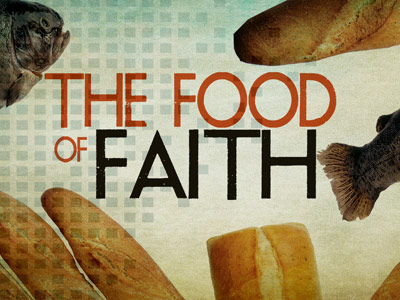-
Being Human: Bummer Or Blessing
Contributed by Monty Newton on Nov 28, 2017 (message contributor)
Summary: The good neews is that where we are, God is and is at work in our behalf.
Title: Being Human: Bummer and Blessing!
Text: Hebrews 2:10-18
Thesis: The good news is that where we are, God is at work in our behalf!
Introduction
The Merriam-Webster Word of the year in 2007 is “w00t.” It is a new word that emerges from online gaming and is an acronym for “we owned the other team.” It is a word used online to express joy or triumph. It is a word a fan might use when cheering after a touchdown at a football game. It is the word used by Julie Roberts in Pretty Woman when she cheered the scoring of a goal in a field polo match when she pumped her arm into the
air and shouted, “Woot! Woot! Woot!”
Last year the Word of the Year was “truthiness.” It finds its origins in Stephen Colbert’s, The Colbert Report and refers to concepts or facts one wishes to be true rather than concepts or facts known to be true.” (American Dialect Society, January 2006)
These words catch on and become part of our vocabulary when used by someone of prominence. For example, when President Bush said, “I am the decider, and I decide what is best,” the word “decider” became the new way of speaking of decision making.
I think one of the most interesting words is the Oxford Dictionary Word of the Year, which is locavore. I am currently reading a book titled, The Omnivore’s Dilemma. We know that an omnivore eats both plants and animals. A caranivore is a flesh eater. A herbivore is a plant eating animal. So what is a locavore?
The effects and threats of mad cow disease, e-coli, fertilizers, insecticides, and pesticides as well as the high cost and time involved in shipping food from region to region, country to country, and sometimes continent to continent has generated a movement that encourages consumers to buy from local farmers’ markets or pick food that is grown locally. Hence, we now have “locavores” who look for food produced locally.
Our words today are bummer and blessing:
• Bummer is actually a word and is used in reference to an unpleasant experience. When you say, “Oh, bummer!” You mean, this is really a downer or a negative.
• Blessing refers to God’s care or favor. A blessing is a benefit or a good thing.
So being human has its downsides, which we refer to as bummers. And being human also has its upsides or blessings. We are going to look at the bummers and blessings that emerge from out text today.
The first bummer in being human is that we are lost or separated from God. But we are blessed in that through Christ we are found and returned in relationship to God.
1. He brings us or leads the way for us into our salvation
It was only fitting that God who made everything and for whom everything was made, should bring his many children into glory. Through the suffering of Jesus, God made him a perfect leader (author, pioneer, captain), one fit to bring them / us to their salvation. Hebrews 2:10
At first reading, it seems there was a problem. God wanted to bring his many children into glory but they did not know the way or were incapable of finding their own way.
We, as humans, are described in scripture as lost. In Isaiah 53:6 states, “All of us have strayed away like sheep. We have left God’s path to follow our own.” In Luke 15, we are likened to a lost sheep, or a lost coin, or a lost son. In Romans 2:19, people are described as “lost in darkness and without God.”
We are also said to be in darkness. Before we became followers of Jesus Christ, we are said to have been in “darkness, but now we are in the light.” Ephesians 5:8 We are said to have been “brought out of darkness into his marvelous light.”
So we have it... we are lost and in the dark. We cannot see the way nor find the way out of our lostness or our darkness.
In describing Jesus, the writer to the Hebrews used a word that may be translated in many ways: as the leader, author, pioneer, captain, founder, or originator are among them. Commentator William Barclay describes this kind of person as one “who begins a family that someday others may be born into it; he founds a city in order that others may live in it; he founds a school so that others may follow and discover the truth he has discovered… he is a trailblazer who blazes a trail in order that others may follow.” William Barclay, The Letter to the Hebrews, 2:10-18, P. 26)
In 1805 President Thomas Jefferson organized a secret mission, we now refer to as The Lewis and Clark Expedition, to find a passage to the Pacific Ocean. On December 15, 1805 the expedition reached the Pacific but they had not discovered a practicable or navigable passage across the continent of North America.

 Sermon Central
Sermon Central



